Charles City High School senior helps feed the nation
By Kelly Terpstra, kterpstra@charlescitypress.com
Helping feed the world is no small task.
From dawn until dusk, a farmer’s work is never done.
That’s why Charles City High School senior Blake Frascht is up before the sun rises to begin his day.
Cattle have to be fed and learning needs to be done. Blake holds many responsibilities and one of them is getting to his desk before the first period bell rings.
“I wake up at 6 o’clock and I can get to school by 8. I do that every day,” he said.
Farming is in Blake’s blood. It’s one of the reasons he enjoys what he does so much.
He’s a fourth generation farmer – Blake’s father, Rod, bought the family farm from his grandfather, James “Jack” Frascht — and Blake said he’ll undertake farming full-time after receiving his high school diploma later this month.
He recently took over 50 percent of his family’s cattle operation.
“Ever since I could walk I’ve been out on the farm, outside every day,” he said. “I’ve always loved doing it.”
Blake — Rod and Amy Frascht’s oldest son — along with his younger brother, Brady, help run the family farm that has close to 500 head of feeder cattle. Planting season has also just begun – a surefire signal that the Frascht’s workload will increase as they enter fields around the area to start planting corn and beans for the next several weeks.
“Every morning you wake up and do chores – those are mandatory,” said Blake.
He says it takes around an hour to feed his animals in the morning. Then he’ll come home after school, haul manure and change the bedding for the cattle every other day – a process he says takes around two hours. The cattle get fed cracked corn, hay, distillers grain and protein supplement pellets.
Blake said his family also makes sure to take care of their livestock’s health needs as well.
“We vaccinate our cattle so that way they stay healthy and then produce healthy beef,” said Blake. “You give them an implant that helps them grow so it keeps them healthy. Just like humans go to the doctor and get vaccinations, that’s what we do with the cattle, too.
“It’s all healthy beef and it’s all raised correctly,” he said. “As a farmer, I want to have a healthy, good steak.”
This week Blake and his family have begun selling off about 180 head of cattle they bought from South Dakota last October. The cattle will be trucked to Upper Iowa Beef, a packing plant in Lime Springs.
“We got another group in January. They’ll be mid-summer before they’re ready to go,” Blake said.
This past winter was tough all the way around for most of the Midwest. Frigid temps coupled with heavy snowfall can make a farmer’s job that much harder.
“For the winter we had, our cattle are doing pretty good,” said Blake.
He buys his cattle when they weigh around 500-600 pounds. They’ll go to market at over twice that, weighing almost 1,400 pounds.
“You keep them healthy. That way they produce better and it’s better able to help make a profit. With markets today it’s hard to make a profit,” he said.
Blake says he deals a lot with the financial side of the cattle operation. His role in the day-to-day management and care of the cattle has also increased as he’s gotten older.
“Throughout the year I’ve just been kind of growing into the farm, renting more land. Ever since we put our first cattle barn up, I’ve been doing all the chores and all the work for the cattle,” said Blake.
Blake said he quit playing sports in the sixth grade. That gave him more time to devote to the farm. That was around the same time his family built the first of two cattle barns on the property. The Frascht’s also have a cow-calf operation and show swine as well. There are six cows, along with their calves, that graze on the Frascht’s land.
Planning ahead is essential to farming, Blake said. It’s just part of the job requirement.
“It’s the satisfaction and I guess I take pride in it,” he said.
Blake makes sure he maximizes every dollar he spends on his cattle. That includes using an app on his I-Pad called Performance Beef — a livestock analytical tool that helps him raise his Angus crossbred heifers.
“The price of beef is not what it used to be. You’ve got to find where you can make a dollar,” said Blake. “You need to always look for new ways and new things to try to make more money.”
Blake knows how much his cattle weigh when they come to his farm, how much feed they’re eating and what his break-even totals need to be after sale.
“I keep track of all my records,” he said. “I type in all my ingredients – everything I want to feed to the cattle. It’s all automated.”
Earlier this year, Blake was honored by winning the FFA Beef Production Entrepreneurship Proficiency Award. He was bestowed that award after being judged in districts before he moved on to snag the state’s top honor. He’ll participate in the national proficiency judging competition this July.
Blake is well aware of the ever changing landscape of farming – with huge operations that can overshadow or completely eliminate smaller farms across the Midwest.
“There’s less cattle producers but more cattle being raised. There’s less and less family farms anymore,” said Blake. “It’s harder to make a dollar. So when they see it’s not profitable anymore for them, they get out of it.”
Blake and his family continue to push through any hard times that they may encounter and strive to keep America’s fridges and freezers full of their farm-raised beef.
“Farming – you never know if you’re guaranteed a paycheck. You never know what the markets are going to do,” said Blake. “That’s the risk you take to being a farmer.”

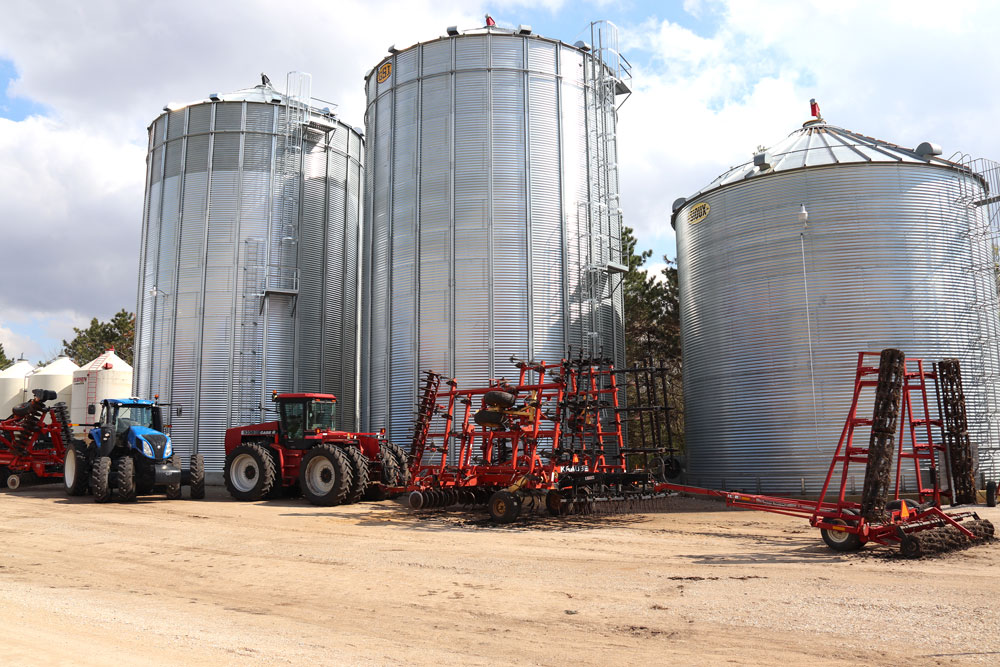
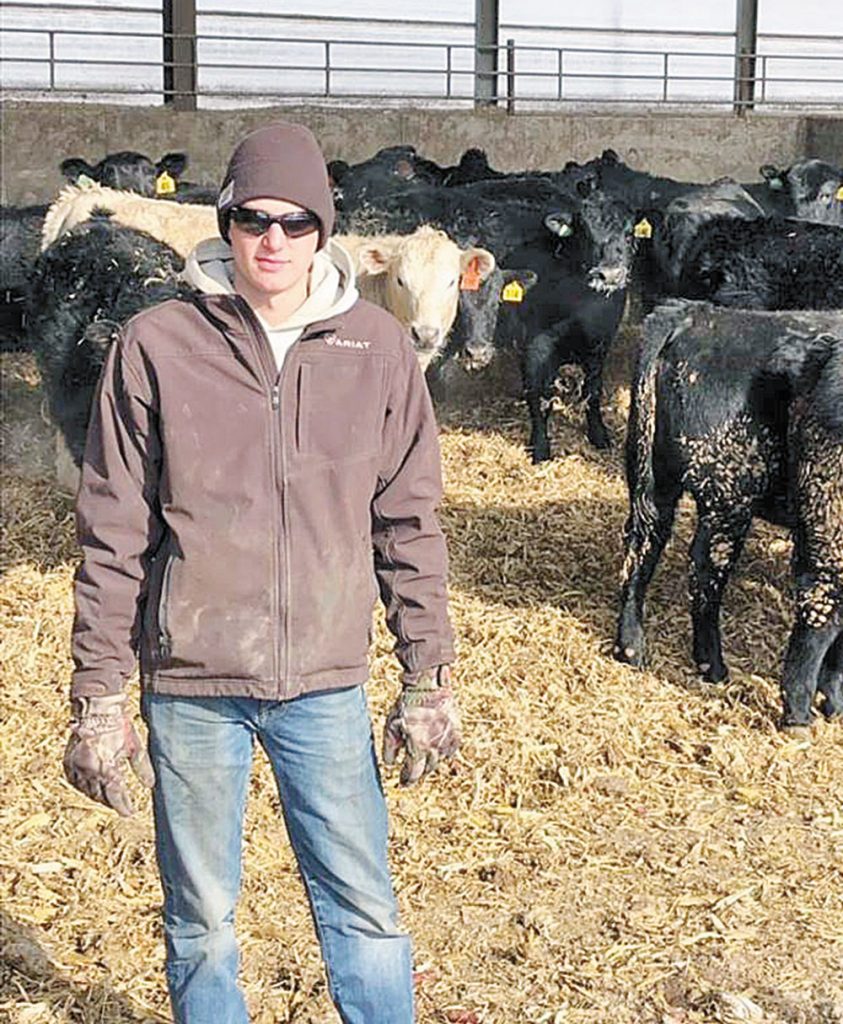
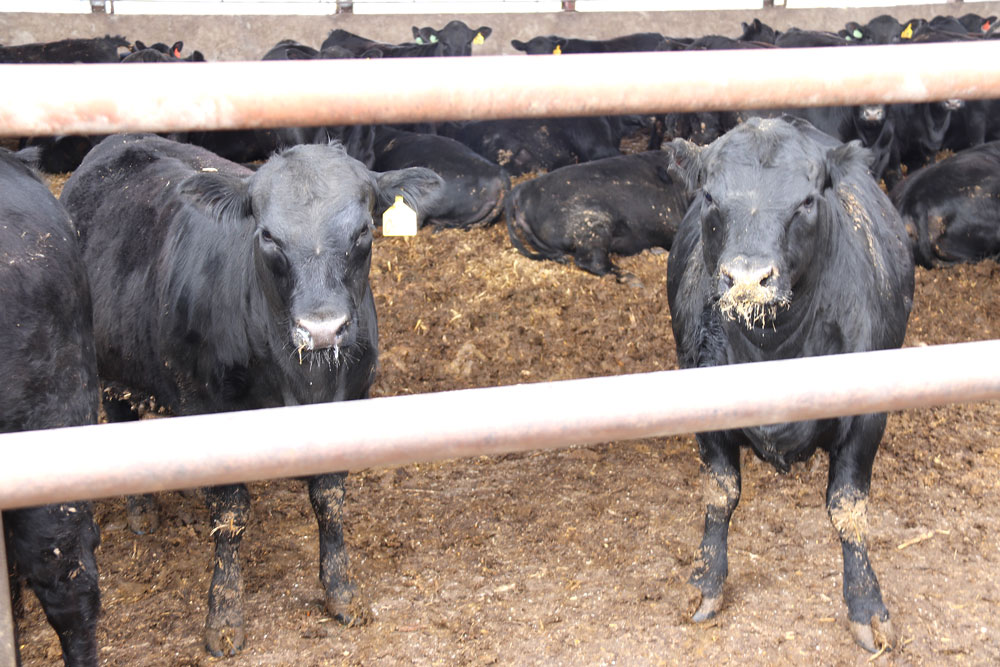
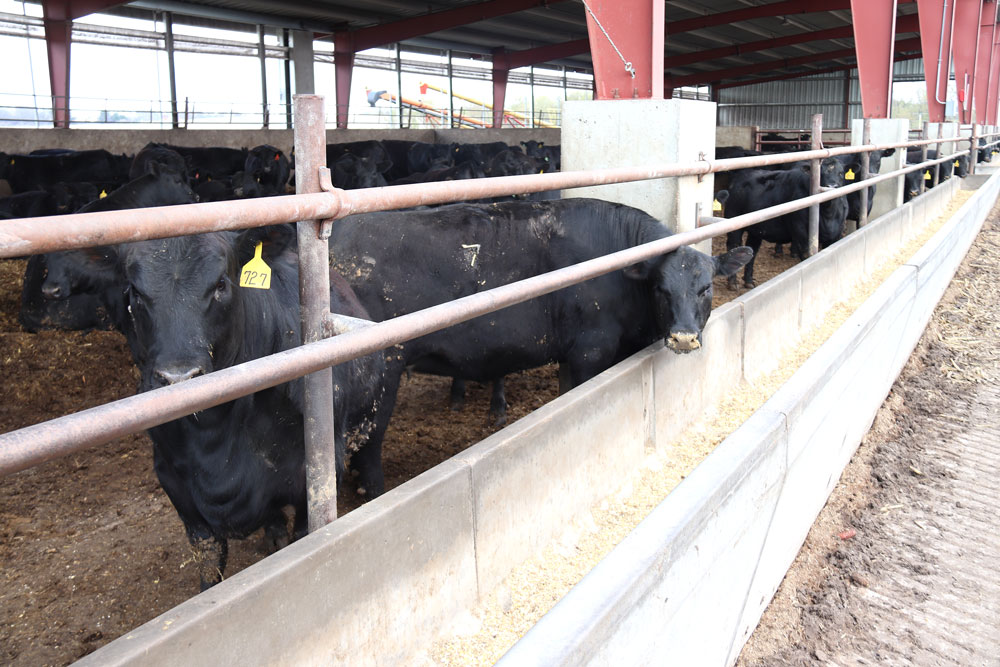
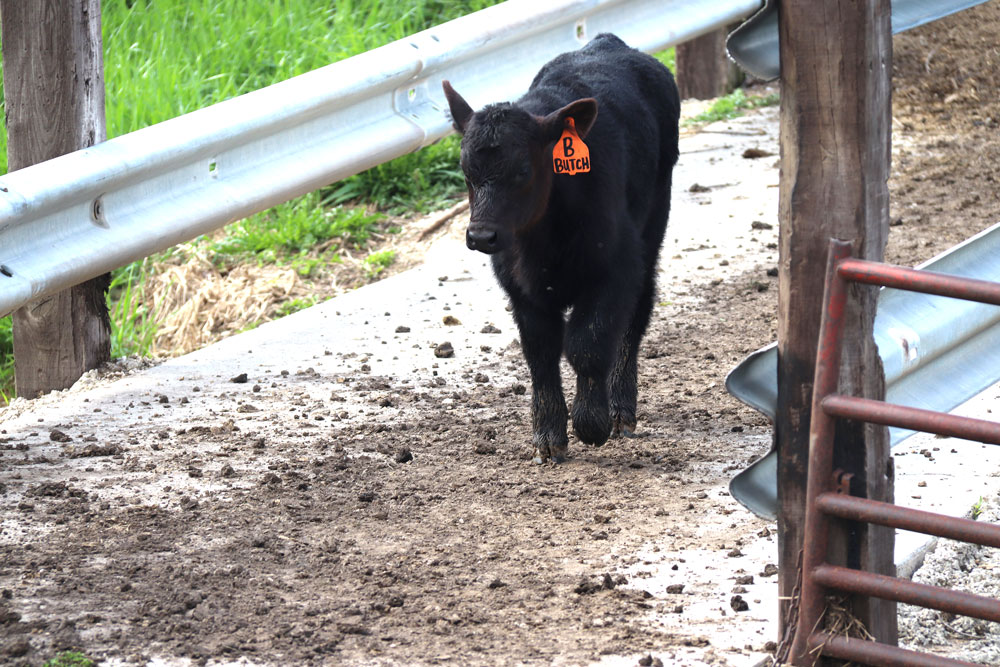
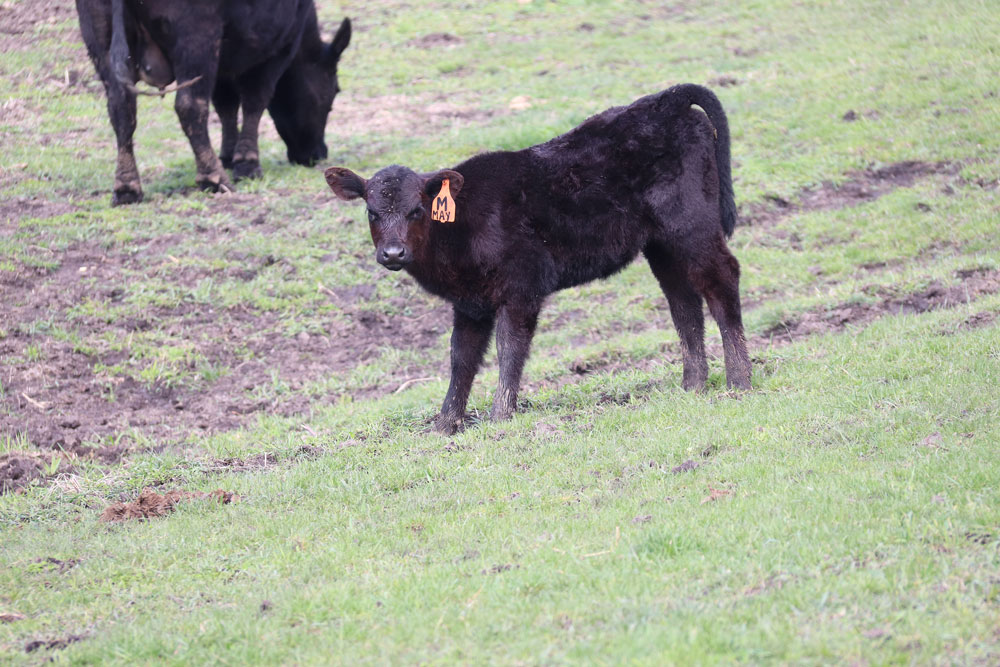
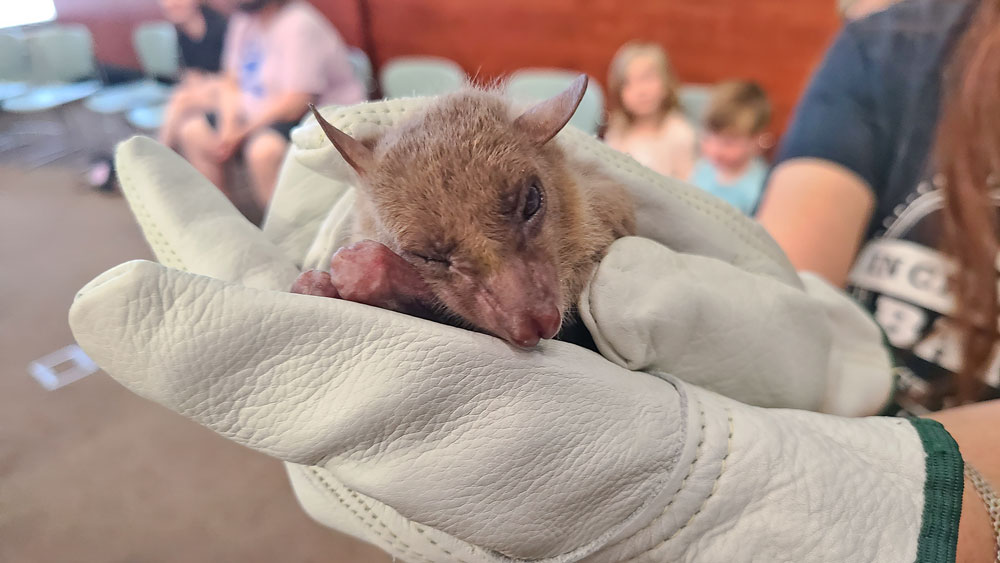




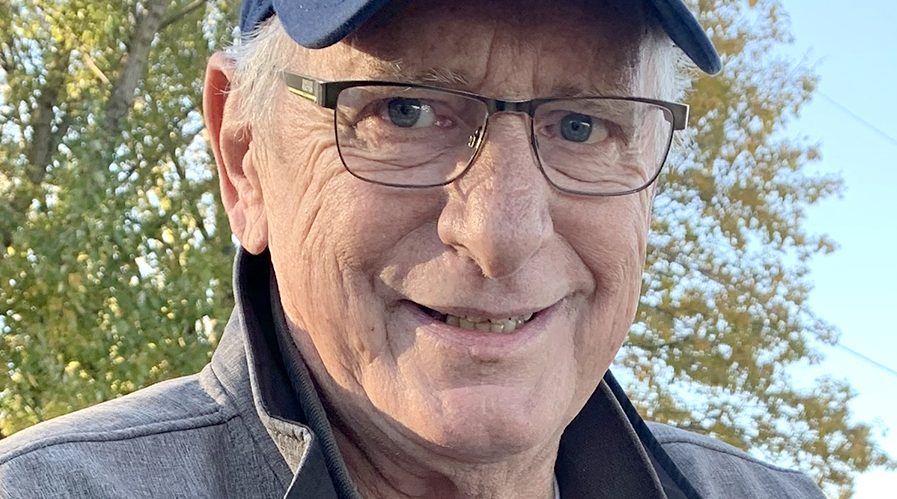


Social Share